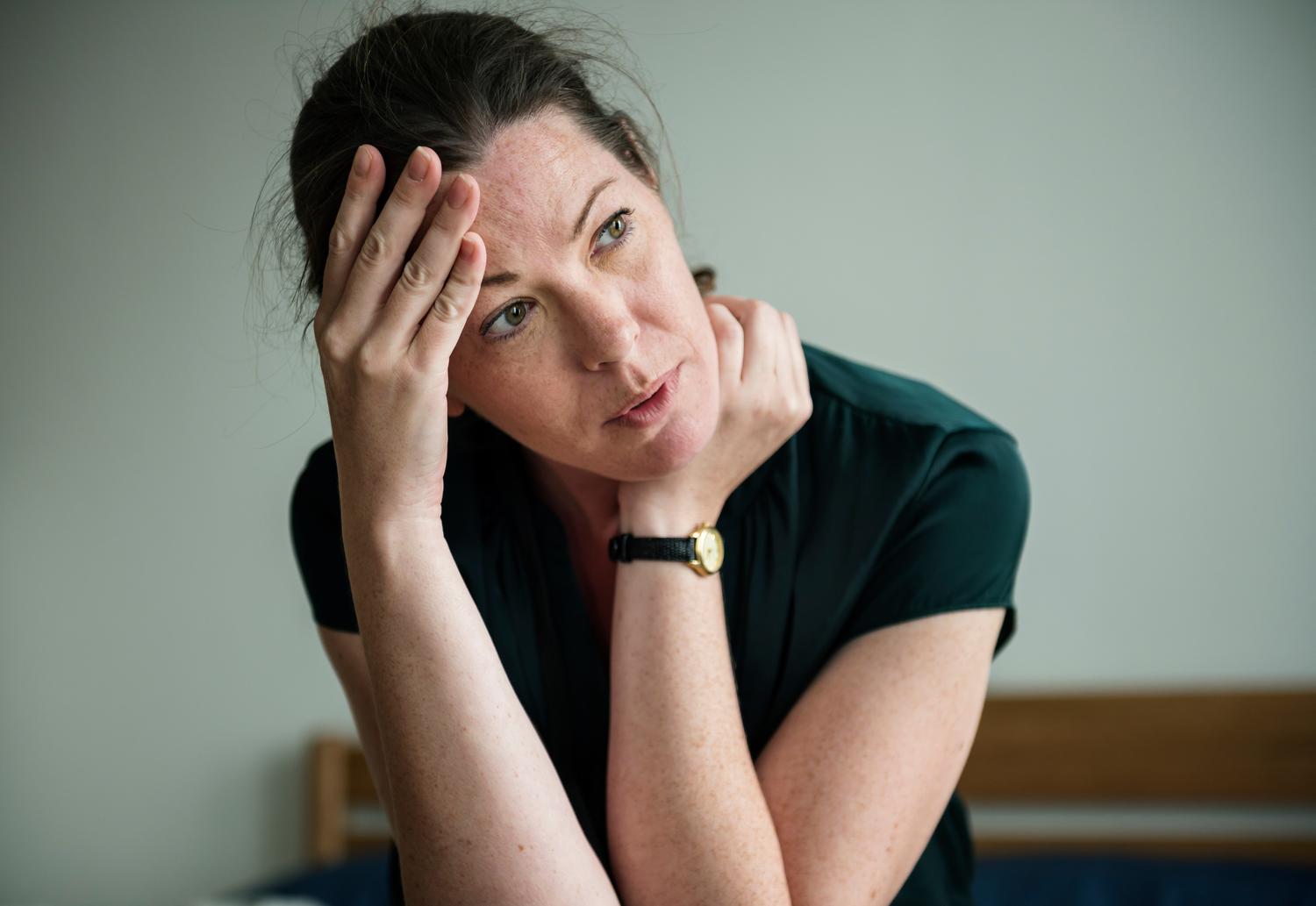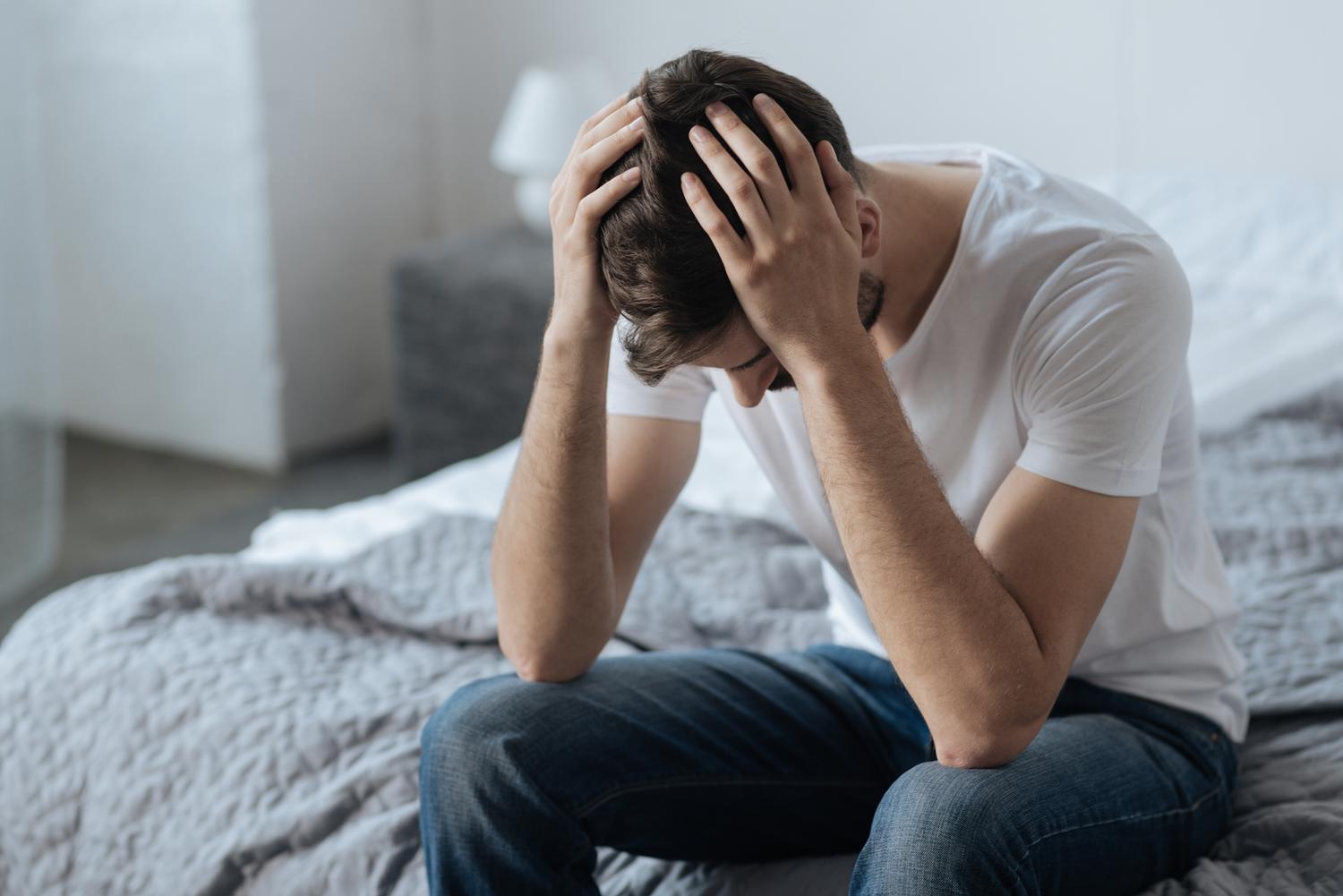Understanding Stress and Anxiety: Differences, Symptoms, Causes
Everything You Need to Know About Stress and Anxiety
Stress and anxiety often come up in the same conversation. Many people see a clear link between the two. After all, they do share many of the same symptoms. But despite their resemblance, both have different origins and causes. Understanding the link between the two and what sets them apart can help you better manage your stress and anxiety levels and improve your quality of life.
So, how can you tell the difference between stress and anxiety? How are they related? Can one lead to the other? Read on as we take a closer look.
Stress vs. Anxiety: How to Tell the Difference
Even though stress and anxiety have many similar symptoms, they are caused by different things.
Stress is caused by an external trigger (stressors). That means it’s a response to a perceived threat or situation. For instance, you may feel stressed because of a deadline, a difficult conversation or a test result. Usually, after that situation is resolved, your stress levels tend to go down. Even though stress is commonly short-term, it can also be long-term. Long-term stress is known as chronic stress.
Anxiety, on the other hand, is internal. In other words, it’s an emotional reaction to a stress response. Typically, anxiety is long-term and will linger even after a stressful situation is resolved. Anxiety can also pop up when there is no perceived threat or danger. People with anxiety disorders tend to experience excessive worry or dread to a degree that affects their daily lives.
What is Stress?
Stress is an emotional or physical response to an external cause or trigger. It’s natural and a part of your body’s fight-or-flight response. Your fight-or-flight response is a survival mechanism that all mammals (including humans) have. It’s an instinctive process that’s there to help you prepare for potentially dangerous situations.
Stress can be short-term — say, triggered by a deadline at work, a fight with your partner or your kids being extra rowdy one morning. Stress can also be long-term and caused by things like financial instability, a family member’s ongoing health problems, or traumatic events.
When left untreated, long-term stress can negatively impact your well-being and affect your body’s immune, cardiovascular (heart and circulatory) and central nervous systems. It can also make you more likely to develop certain health conditions like depression and anxiety disorders.
What is Anxiety?
Anxiety is an excessive feeling of dread, feel and worry. It’s our body and mind’s natural response to stress. Unlike stress — which is triggered by external causes — anxiety is usually internal. That means it can arise even when there is no perceived threat.
Someone may have an anxiety disorder if they are regularly experiencing anxiety, stress or worry about specific things, events or activities. These emotions can be overwhelming. They are often accompanied by sweating, nausea and shortness of breath. Most people experience anxiety at some point in their lives. However, people with anxiety disorders may struggle to focus or function well due to the intensity of their worries.
For example, someone with chronic anxiety may be constantly worried about something bad happening to a loved one to the point where they’re unable to sleep. They may also struggle to focus on work or socializing because they’re fixated on worries about being late, saying the wrong thing or getting hurt.
Understanding the Symptoms of Stress and Anxiety
Stress and anxiety have many overlapping symptoms. These symptoms can be physical and emotional and can vary in severity.
Common symptoms of anxiety may include:
- An impending sense of doom, panic or danger
- Chest pain
- Constipation or diarrhea
- Increased heart rate or palpitations
- Irritability
- Restlessness
- Shortness of breath
- Sweating
- Trouble concentrating
- Trouble sleeping
Common symptoms of stress may include:
- Anxious thoughts
- Constipation or diarrhea
- Difficulty concentrating
- Fatigue
- Feelings of overwhelm or loneliness
- Increased heart rate or palpitations
- Irritability
- Muscle tension or pain
- Nausea
- Shortness of breath
Can Stress Turn Into Anxiety?
Chronic stress can cause anxiety disorders especially when left untreated. Chronic stress can also lead to sleep disorders, a weakened immune system and high blood pressure. Additionally, it may put you more at risk of developing other major mental health conditions like depression.
What Are Anxiety Disorders?
Anxiety disorders are the most common mental illness in the United States. In most cases, they tend to emerge during childhood, adolescence or early adulthood. Typically, anxiety disorders are diagnosed after a person has been feeling this way for at least six months. People with chronic anxiety tend to experience symptoms on more days than not.
There are many different types of anxiety disorders, such as:
- Generalized Anxiety Disorder (GAD)
- Panic Disorder
- Social Anxiety Disorder
- Phobia-Related Disorders
- Obsessive-Compulsive Disorder (OCD)
- Post-Traumatic Stress Disorder (PTSD)
- Agoraphobia
According to the National Institute of Mental Health, 31.1% of American adults will experience an anxiety disorder at some point in their lives. Women are twice as likely to experience generalized anxiety disorder than men.
Coping With Stress and Anxiety
Many people feel overwhelmed by their anxiety and stress. But there are things you can do to cope. Learning to identify your stress triggers can help you be better prepared for when anxiety begins to rise.
Some things you can do to help cope with stress and anxiety include:
- Joining a support group
- Doing more physical activity
- Journaling
- Getting enough sleep
- Breathing exercises
- Talking to a mental health professional
With the proper techniques and support, you can learn to reduce stress and anxiety and begin to improve your quality of life.
What Are the Best Evidence-Based Treatments for Anxiety?
The most common evidence-based treatment for anxiety is psychotherapy, also known as talk therapy. Cognitive Behavioral Therapy (CBT) is considered to be the gold-standard treatment for anxiety disorders. CBT helps people learn to identify their triggers and their unhelpful thoughts of anxiety and replace them with more accurate thoughts.
The core principle of CBT is that your feelings, thoughts and behaviors all affect each other. Therefore, by learning to change your negative thoughts, you can begin to change the way you feel and behave. Often, mental health professionals will pair this with “homework” in the form of exposure therapy. Exposure therapy is a treatment that helps people confront their harmless fears, under supervision. The goal is to help people break out of their pattern of avoidance.
For instance, someone with social anxiety may be given the challenge of going to a social situation for a few minutes - maybe a crowded bar, a subway or a mall. The hope is that by facing this stressor, they will start being able to rewrite their anxious thoughts with more accurate and balanced ones.
In comparison to many other types of therapy, CBT treatment plans are relatively short-term. On average, patients will have one 60-minute session with their therapist per week, for 6-20 weeks.
If your symptoms are getting in the way of your daily life, it may be time to consider speaking to a mental health professional. They can help you use stress management techniques. They can also offer a plan to help you manage specific phobias, panic attacks and overwhelming anxiety.
Sesame Can Connect You With Qualified Healthcare Professionals
At Sesame, we believe that affordable and easy access to mental health care should be a right for all patients, regardless of income or insurance status. That's why we provide hassle-free, affordable anxiety treatment online from quality health care providers.
With thousands of qualified providers available, you can book same-day appointments and receive access to personalized treatment plans to manage your stress levels and reduce anxiety. This allows you to take control of your mental health journey, right when you need it.









